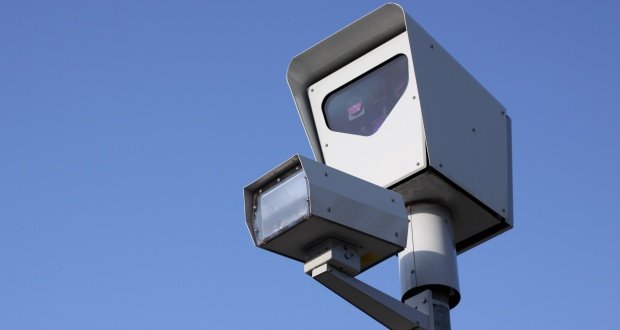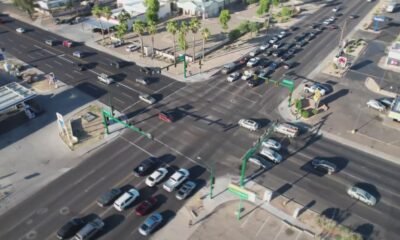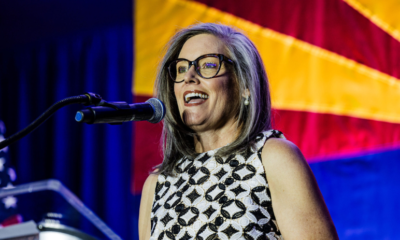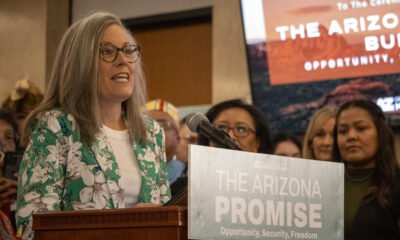bill
Hobbs Rejects Photo Radar Ban; House Points Finger at Political Maneuvering

Gov. Katie Hobbs has vetoed Senate Bill 1019, which sought to prevent law enforcement from using photo enforcement systems for traffic law violations. This outcome was anticipated by many Republicans, given that Hobbs had previously vetoed a similar bill last year.
During a House vote held on June 24, dissatisfaction was palpable among GOP members, who wished they had the opportunity to vote on an alternative measure, Senate Concurrent Resolution 1002. This resolution would have allowed the issue to go to voters in 2026, bypassing Hobbs entirely.
In her veto message, Hobbs criticized the bill for undermining local law enforcement’s ability to enhance roadway safety. She stated, “This bill attempts to remove the ability of local law enforcement to keep our streets safe by eliminating a tool used to enhance roadway safety.”
Sen. Wendy Rogers, R-Flagstaff, who sponsored both Senate Bill 1019 and the alternative resolution, expressed frustration over the handling of the latter. The resolution was held in committee until just before lawmakers adjourned, contributing to the absence of several Republican votes that would have allowed it to pass.
Accusations of political maneuvering surfaced when a House Republican suggested that leadership intentionally delayed the resolution to diminish support, stating, “It’s almost as if we’re more interested in making a show of solving the problem than actually solving the problem.”
The resolution faced a complicated path, having been double assigned and passing one committee but missing a critical hearing in another. Rep. Justin Wilmeth, R-Phoenix, observed that the double assignment was a tactic to stifle the proposal’s progress.
Despite efforts from House Republicans to bring the resolution to a floor vote on June 26, it failed by a narrow margin of 29-27, compounded by the absence of four GOP members. Speaker Steve Montenegro pointed out that traditional protocol dictated waiting until after the budget had passed before moving forward with ballot measures.
The session saw other legislative actions as well. The Senate managed to pass a resolution to cap municipal food taxes on the same day it approved the budget. Meanwhile, the only other significant ballot referral this session involved prohibiting taxes based on vehicle miles traveled.
Looking ahead, there remains an opportunity for Republicans to resubmit the resolution next session, with expectations for it to appear on the 2026 ballot. Rep. Teresa Martinez, R-Casa Grande, indicated confidence that the resolution would return next year.


















